Sunken Roads: Seventy Years After D-Day

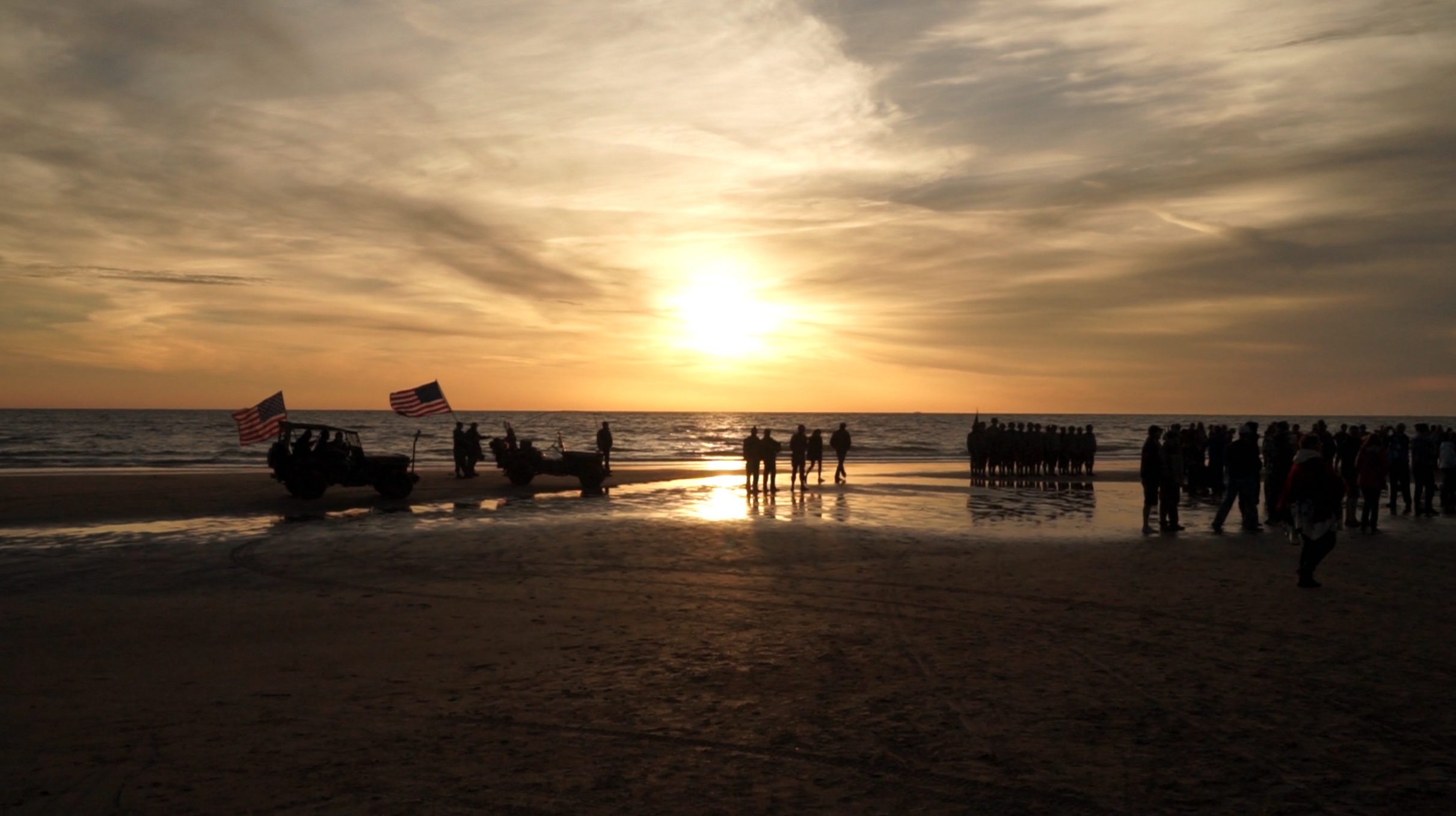
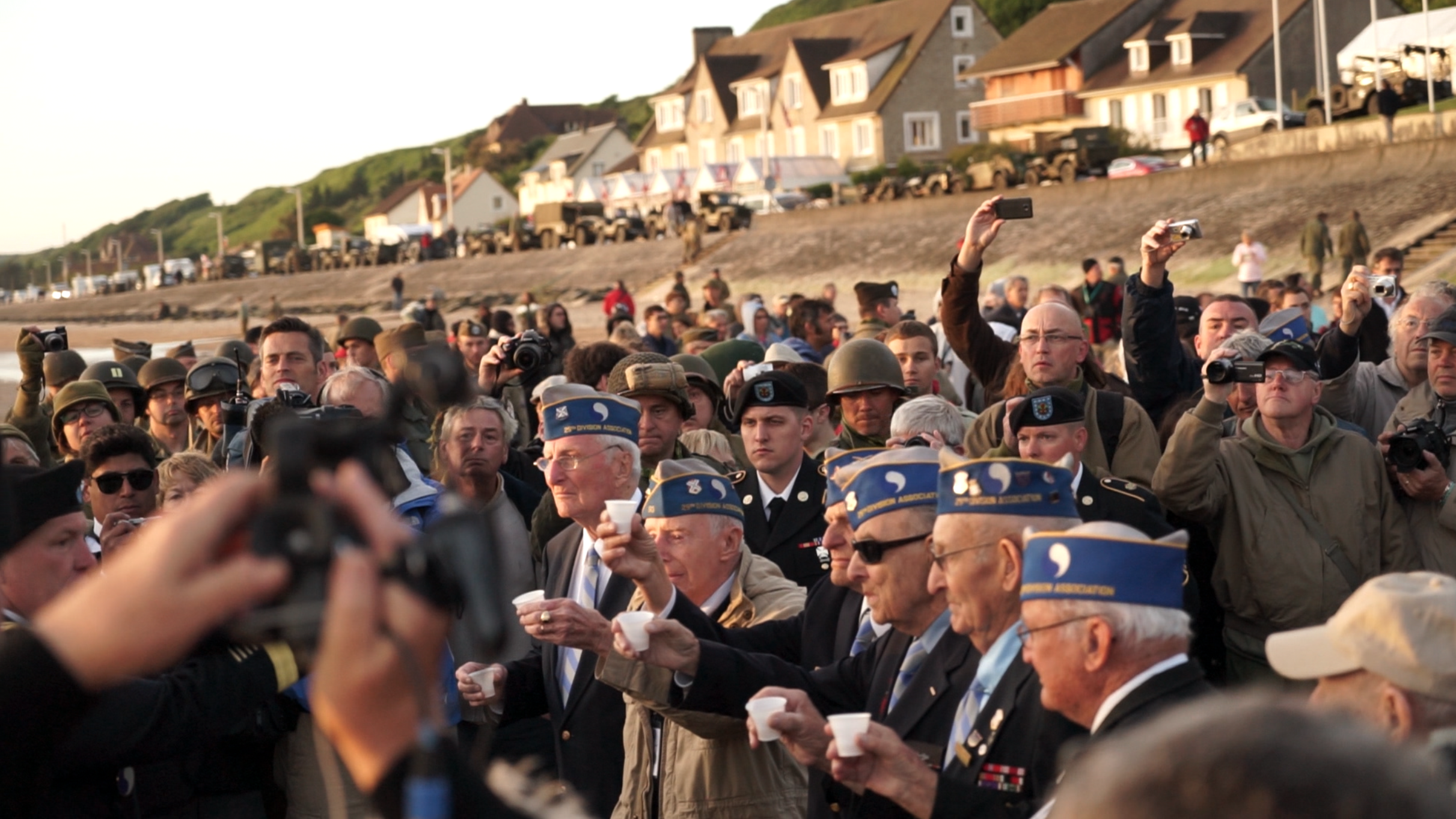
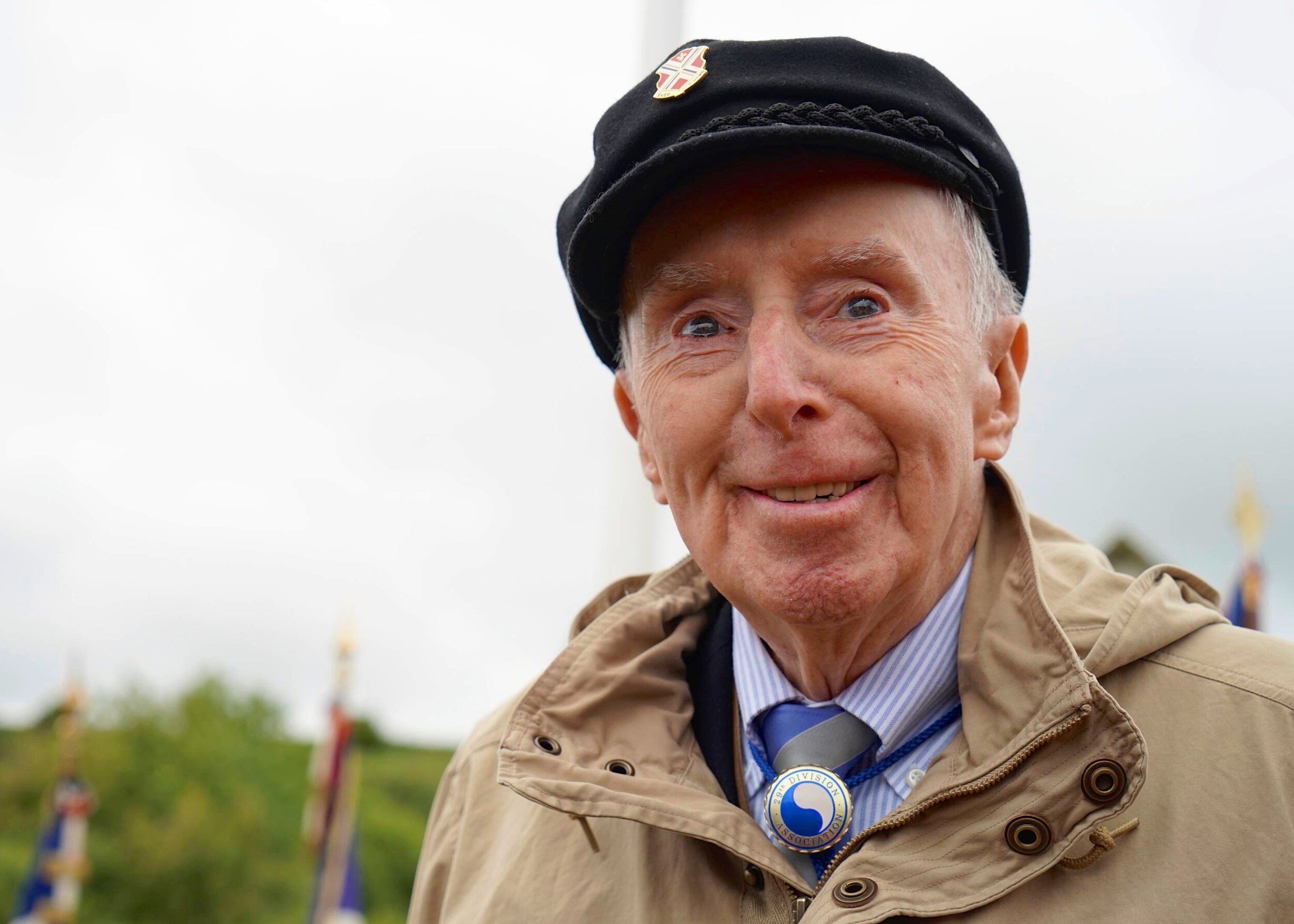
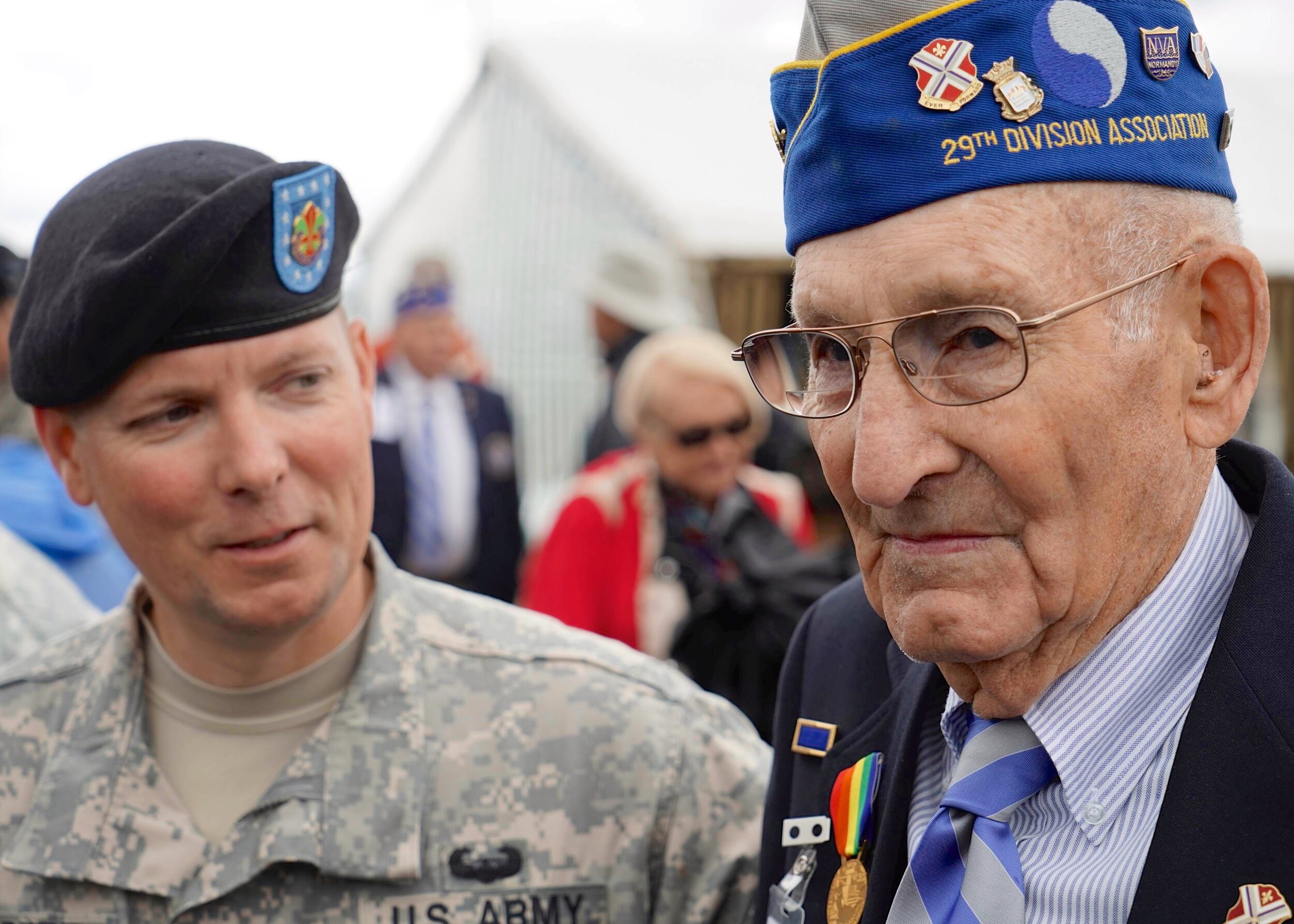
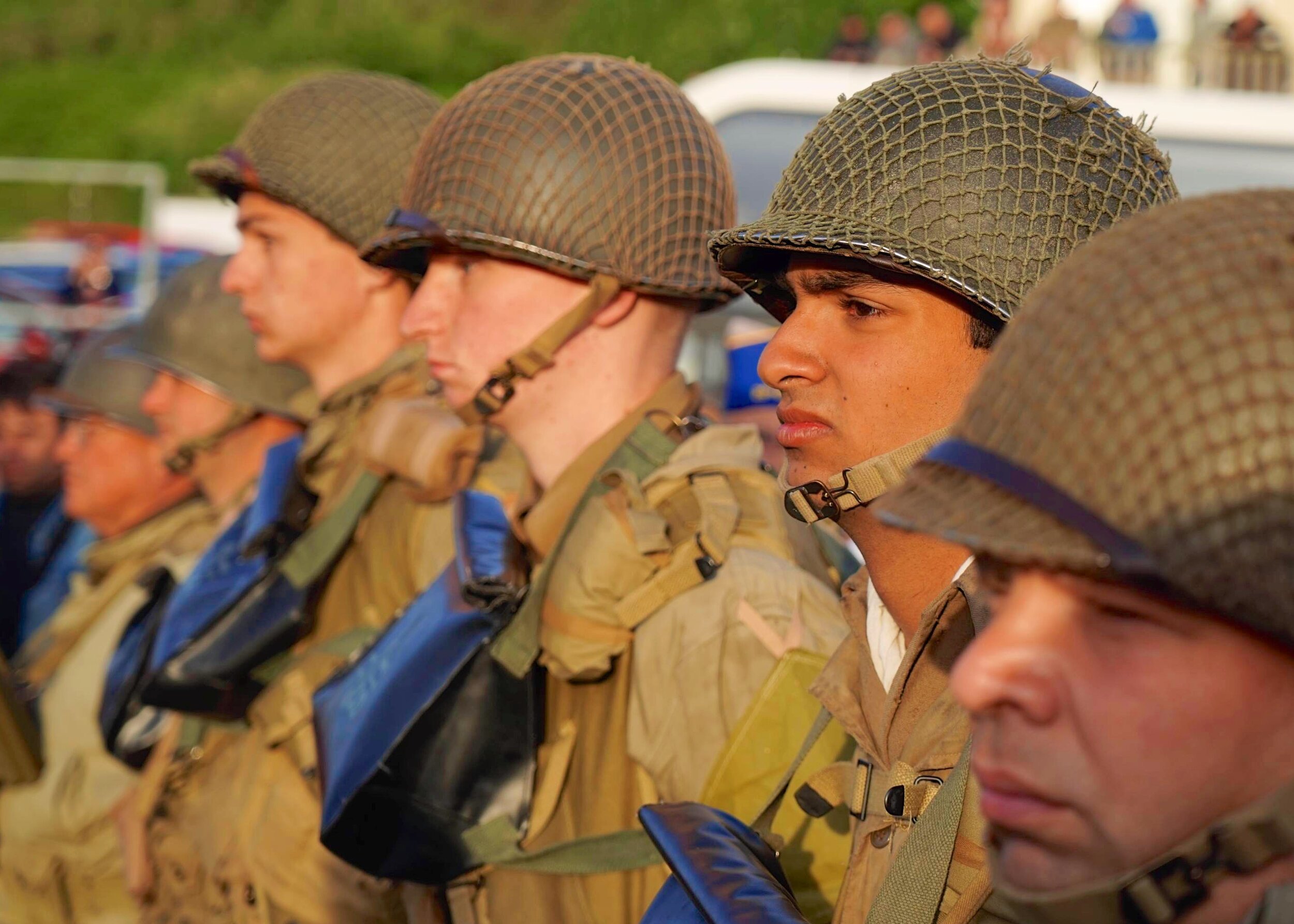
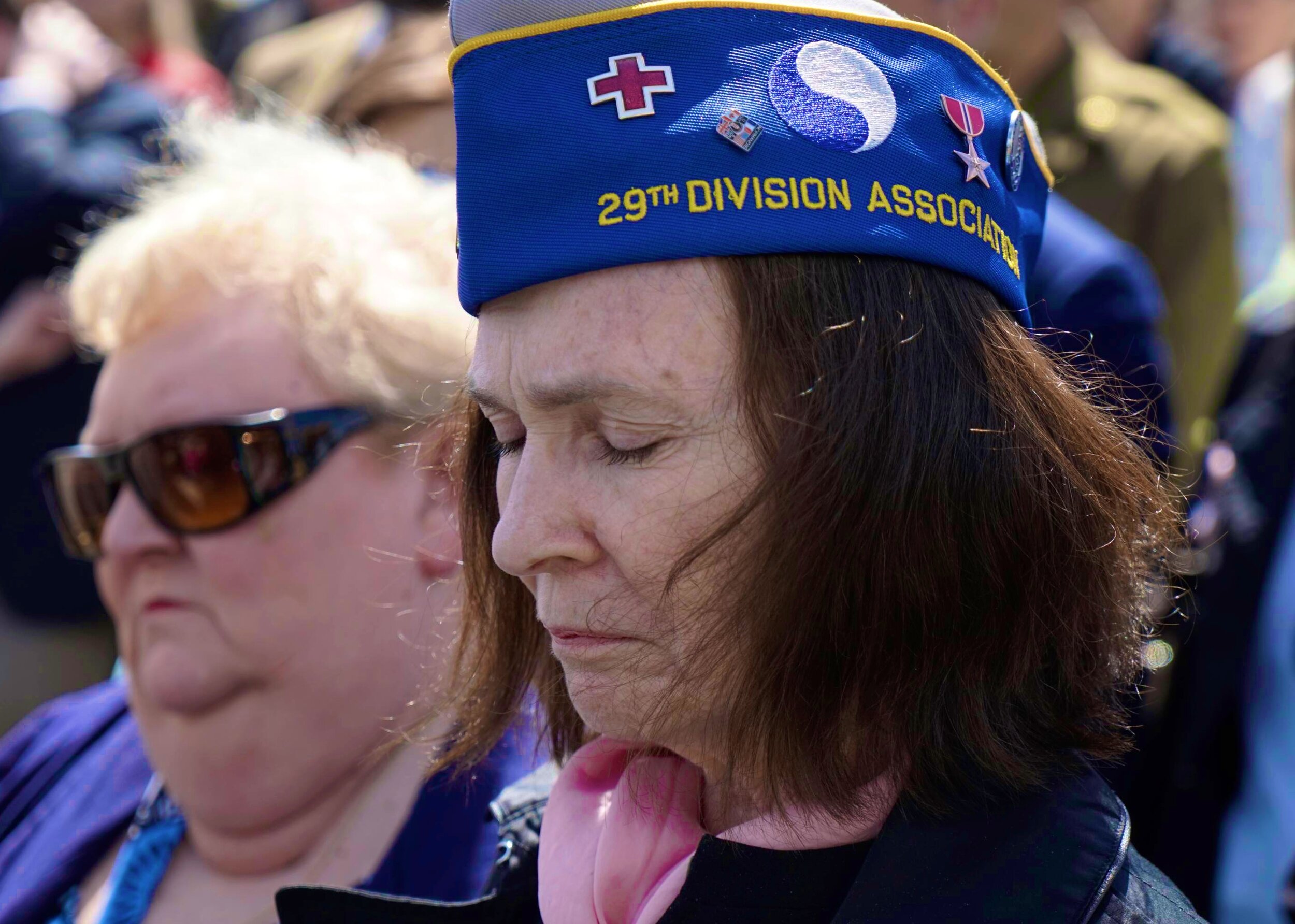
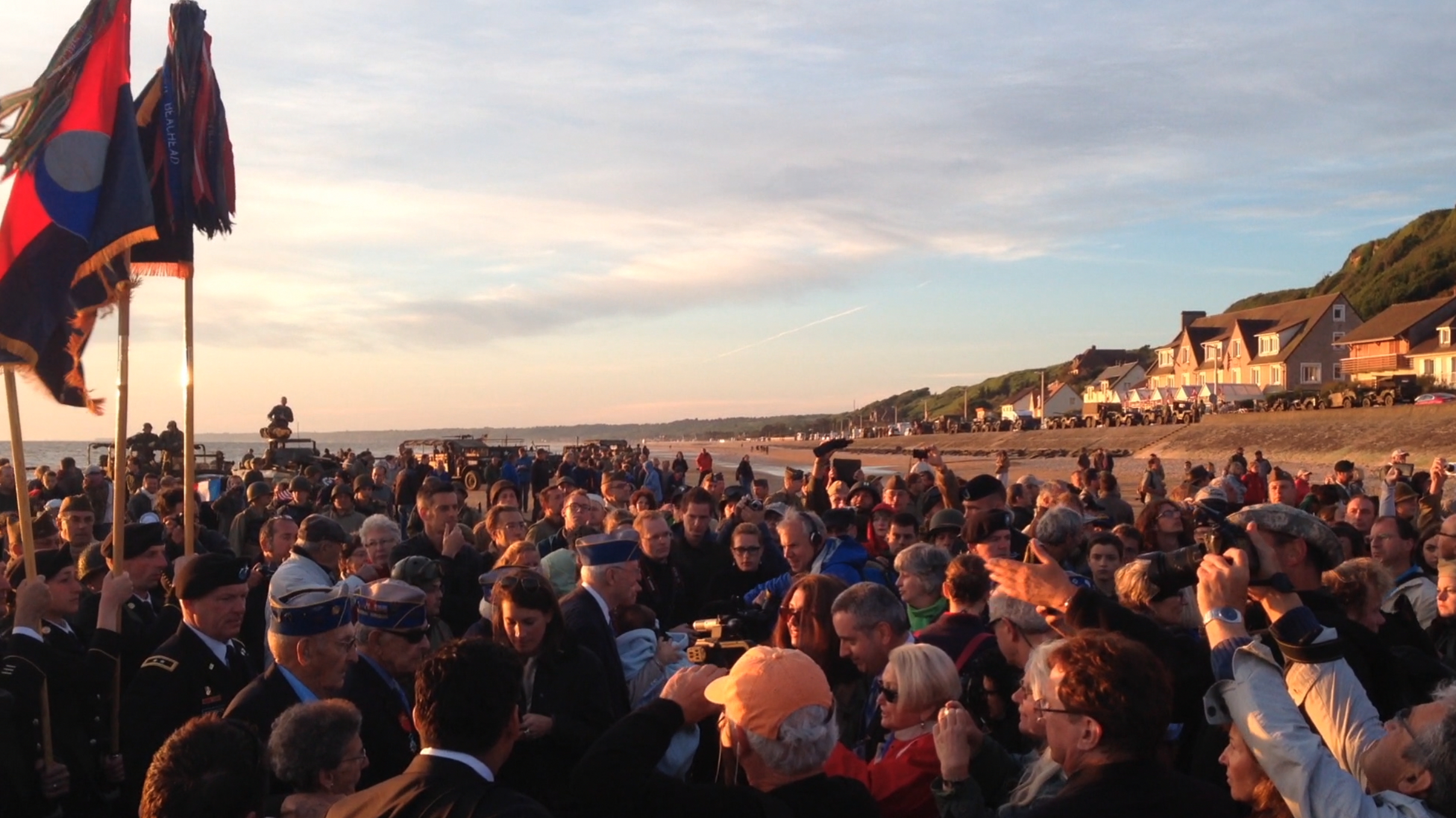
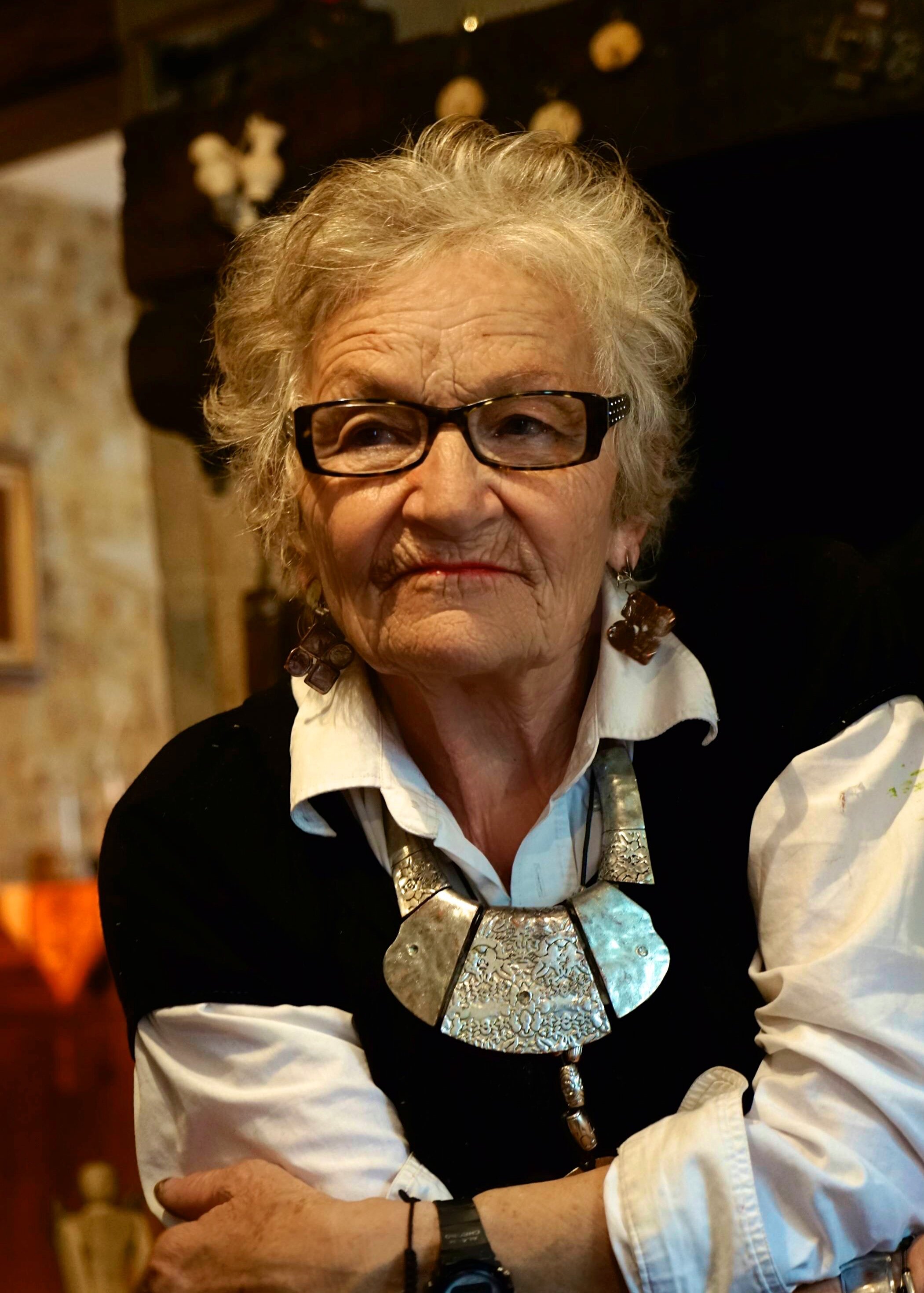

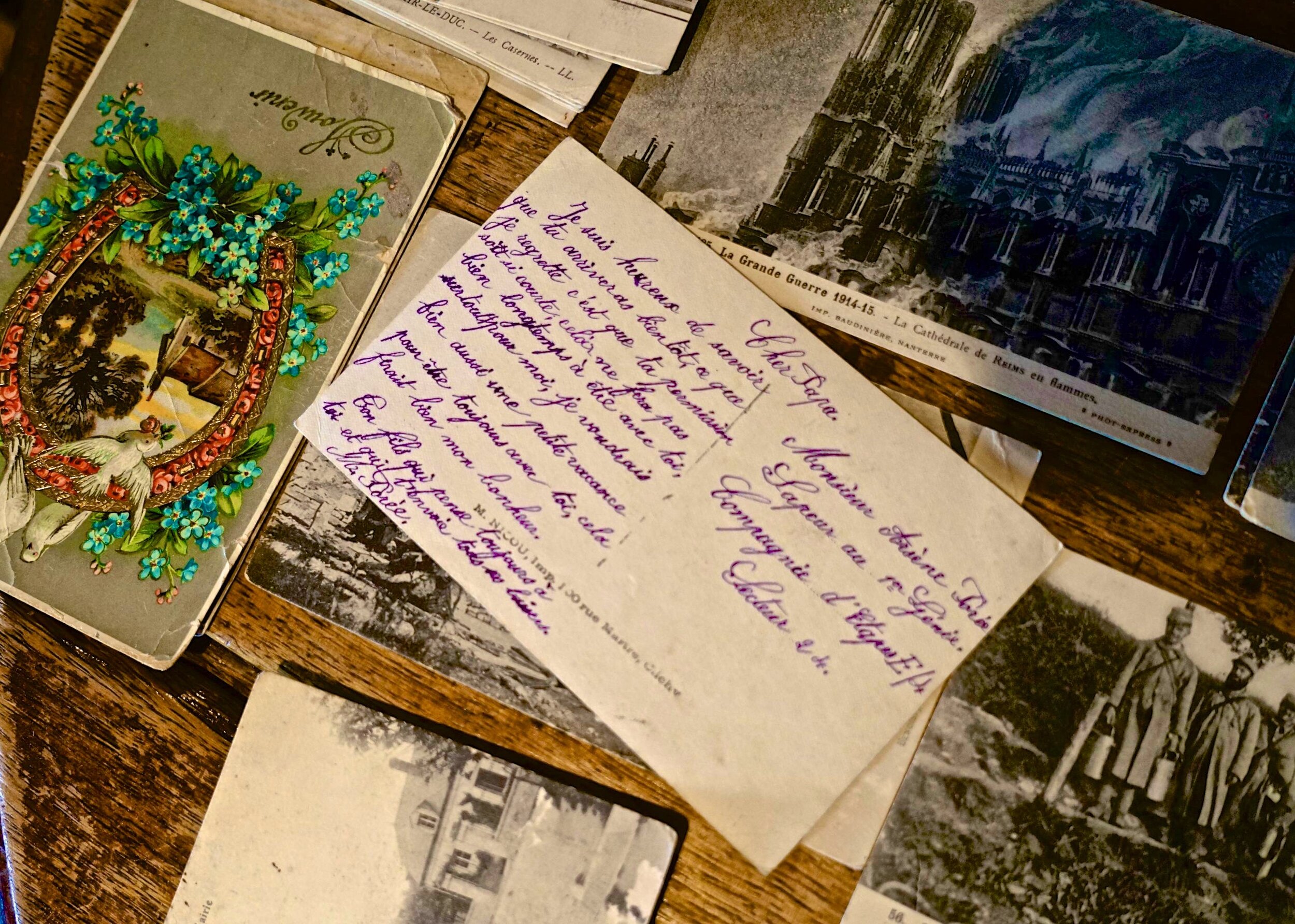

By Charlotte Juergens
In his old age, my great grandfather Pat recorded his memories of D-Day on tape. A former war correspondent with Stars and Stripes, Pat had attached himself to the 29th Division Infantry shortly before the initiation of Operation Overlord. In Normandy, Pat raided a German company headquarters, captured twenty-two German prisoners, and received the Distinguished Service Cross for his actions. He rarely spoke of these experiences to the family before making these recordings.
As a child, I memorized Pat’s stories. I grew to love the gravelly, Texan contours of his voice. As a young woman, I decided to retrace the journey Pat once took. I set off for Normandy in time for the seventieth anniversary of D-Day. I had as my travel companion a ninety-year-old D-Day veteran named Donald McCarthy who belonged to the 29th Division and had shared Pat's route. I met Don through the 29th Division Veteran's Association, which had invited me to interview a group of "29ers" in Normandy in exchange for helping Don, a victim of Parkinson's disease, who was unable to travel without assistance. I accompanied Don on his parallel pilgrimage to places he had known as a young G.I. when he had trained for the invasion in Cornwall, crossed the Channel to Omaha Beach, and fought in the small villages and sunken roads of Normandy.
In France, Don and I joined the larger group of "29ers," and I filmed extensive interviews with the veterans as they recalled the events of D-Day and reflected upon their return to Normandy. Upon revisiting these places and experiencing a hero’s welcome, many veterans recounted the trauma and loss they had experienced in Normandy, the dear friends they had known there, and their ongoing struggles to heal. One veteran named Arden Earll often spoke of a need to communicate these memories to future generations. I was honored to be there with my camera during those moments.
My fascination with the history of D-Day soon expanded beyond the veterans’ stories to include the memories of D-Day’s civilian survivors. After Don and the other veterans had left for the United States, I remained in Normandy to capture that largely undocumented perspective. I lived with an elderly Frenchwoman named Suzette, a close friend of Don's, who had experienced the invasion as a child and welcomed me into her home to document her family history. I spent my days recording Suzette’s childhood memories of D-Day, visiting the strings of lonely foxholes that dot the Norman countryside, and archiving boxes of untouched World War I correspondence between Suzette's father and grandfather.
The shores, pastures, and towns of Normandy remain imbued with D-Day’s legacy. Decades of commemorations have consecrated the land wherever burials or bloody conflicts left memories. The events that took place in Normandy to mark the anniversary present global relevance. In documenting them, I hope to explore the universal concepts of historical memory, intergenerational communion, and the human desire to commemorate.
About the Author
Charlotte Juergens is a senior at Yale University, where she is co-president of the Yale Film Society and a founding member of the Yale Film Alliance. Outside of Yale, Charlotte works an independent documentary filmmaker. She is thrilled to be directing her first feature-length documentary, Sunken-Roads: Seventy Years After D-Day, which concerns the experience of D-Day veterans returning to Normandy for the seventieth anniversary of the invasion.
Charlotte’s fascination with history and nonfiction storytelling have led to the appearance of her work in publications such as Newsweek Magazine Online, the West Point Historical Review, the blogs of the U.S. Embassy in New Zealand and the Connecticut State Library, and the Yale Herald.